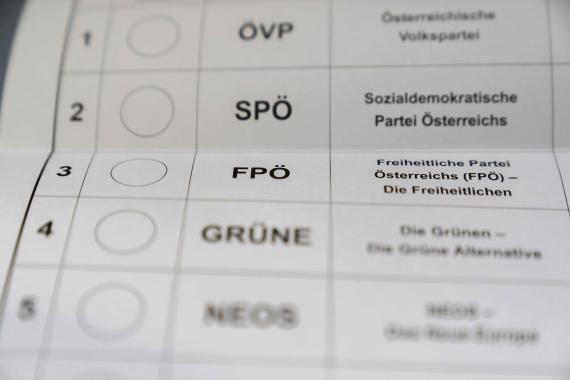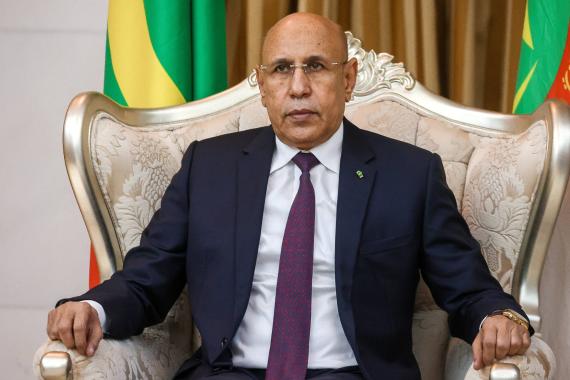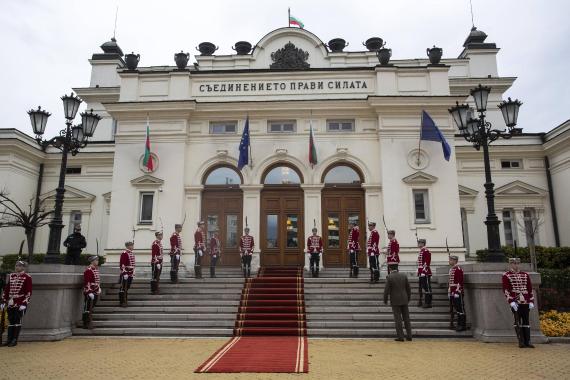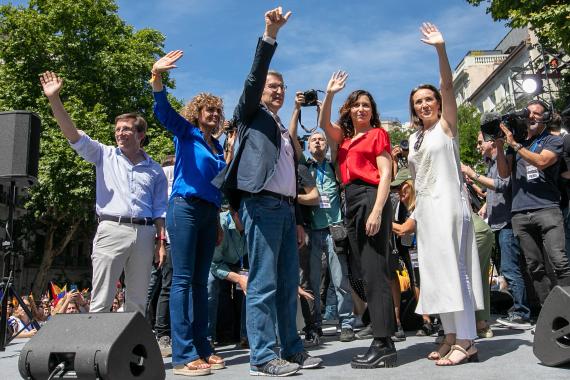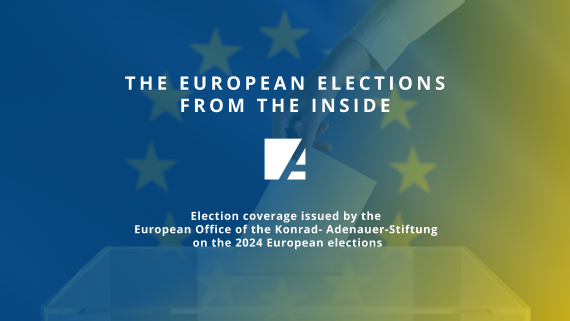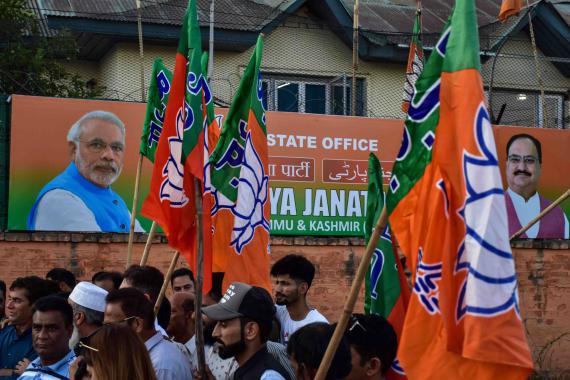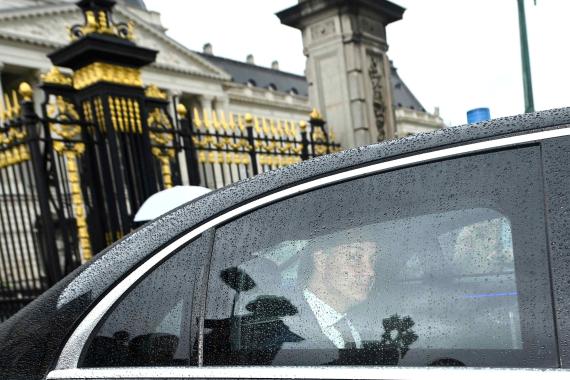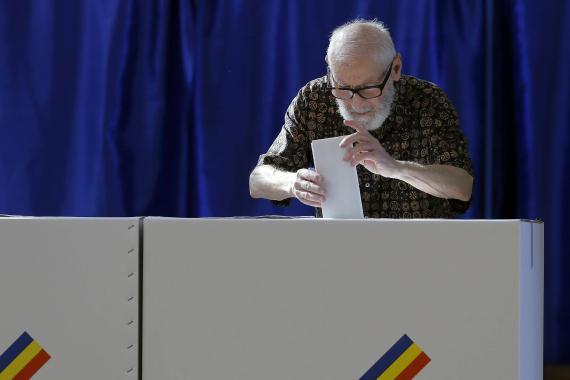European elections in Spain and Portugal
Spanische PP gewinnt mit größtem Vorsprung zur PSOE seit 1999 – In Portugal stagnieren Sozialisten und Liberalkonservative, Rechtspopulisten und Liberale gewinnen erstmals Mandate
In Spain, the PP won against the PSOE by the clearest margin since 1999, by 4% and a lead of around 700,000 votes. Alberto Núñez Feijóo (PP) thus doubled his relative lead over Pedro Sánchez (PSOE) compared to the national elections on 23 July 2023, when he was only ahead by around 350,000 votes. The PP won the European elections in direct comparison in all Spanish provinces against the PSOE, except in the Basque Country, Navarre, Catalonia and the Canary Islands. Thanks to its shift to the left, the PSOE absorbed some of the voters of the regionalists and the far-left parties Podemos and Sumar. In Portugal, on the other hand, Aliança Democrática (PSD and CDS-PP), which has formed a minority government led by Prime Minister Luís Montenegro at national level since April, lost very narrowly to Pedro Nuno Santos' Socialists. Although he was able to make slight gains, Montenegro was therefore unable to make significant gains in just a few weeks since taking office. Despite 300,000 additional votes, the PSD and CDS-PP stagnated at seven seats. However, the Socialists also lost one mandate and ended up with eight seats. As a result, they also lost favour with voters. The transfer of votes goes to the new parties. Only the right-wing populist Chega and the Liberal Initiative grew, both entering the European Parliament for the first time and gaining two seats each.




